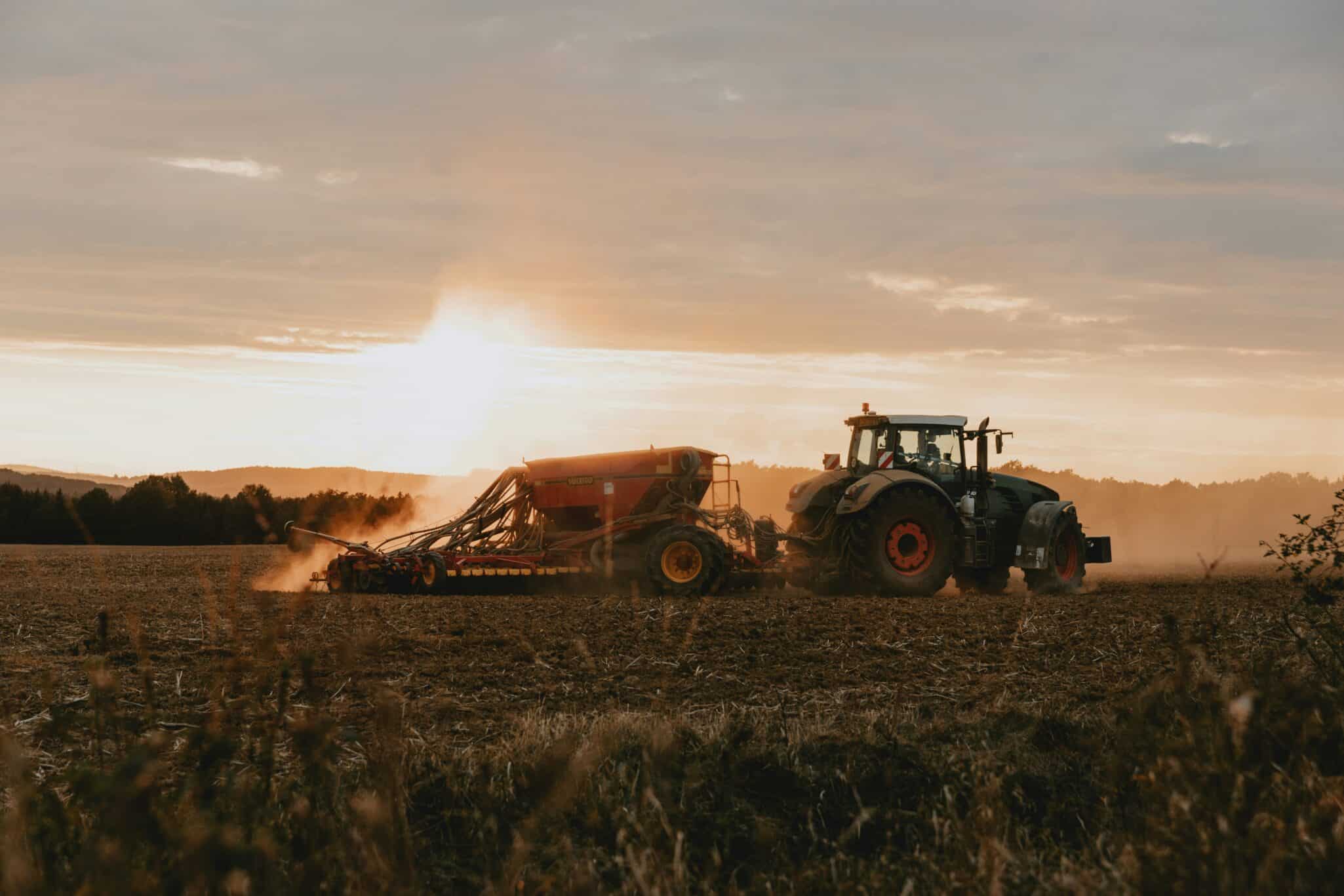Key Takeaways
- Agricultural innovation is driven by creating hubs where startups, growers, and researchers collaborate.
- Reservoir Farms provides startups with immediate access to test plots and professional growers.
- Year-round opportunities in Salinas, CA, and Yuma, AZ, reduce barriers to prototyping.
- Partnerships with John Deere and University of California strengthen validation and credibility.
Agricultural Innovation Through Field Trials
Startups often face hurdles when trying to access farms for testing. Without early field trials, agricultural innovation can stall, leaving technologies unproven and underdeveloped. Reservoir Farms, led by CEO Danny Bernstein, aims to change that by offering startups structured environments for testing and validation
“We saw how difficult it was for companies to gain access to farms, sometimes taking months or even a year,” Bernstein explained. “Our goal is to accelerate the process so startups can focus on building disruptive technologies.”
Building Hubs for Startups
The first site in Salinas partners with established growers such as Tanamer & Antle and Nature Ripe Berry Growers, ensuring that tests reflect real commercial conditions. A second hub in Yuma supports leafy greens during the winter, allowing for continuous development cycles. Together, these sites provide startups with year-round opportunities to advance agricultural innovation.
Reservoir Farms also collaborates with John Deere and academic partners, including the University of California, to strengthen credibility through structured validation programs. For startups, this means access not only to farmland but also to research support and industry connections.
A Pathway for Growth In Agricultural Innovation
Six companies have already joined, many in early bootstrap stages. The incubator model provides space, community, and transparent pricing, enabling companies to focus on product development rather than logistics.
By positioning itself as a hub for agricultural innovation, Reservoir Farms demonstrates how strategic partnerships and access to professional growers can accelerate technologies that address efficiency, food security, and sustainability challenges.
Listen to the original conversation.


